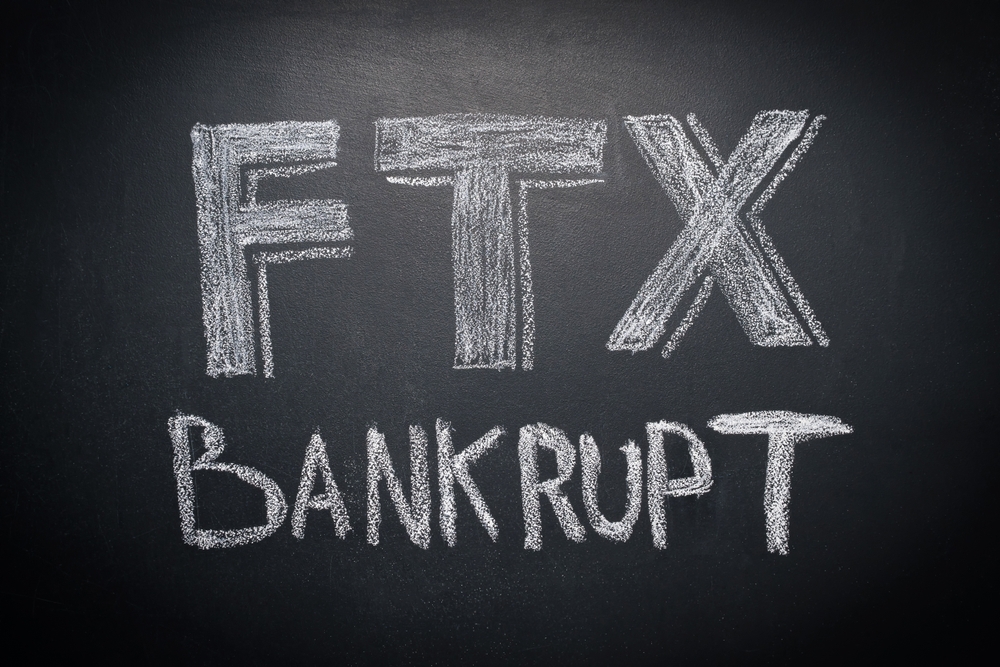After much deliberation, the United States Bankruptcy Court for the District of Delaware has approved the sale or transfer of certain FTX investments, equity shares, and assets. The approval also includes investments held by the bankrupt crypto exchange in public and privately traded firms.
Huge Investment Portfolio
Before its spectacular collapse, FTX, along with its sister trading company, Alameda Research, had spent a significant amount of money, estimated to be around $5.3 billion, to invest in about 473 platforms, according to reports. The investments range from huge checks like the $100 million Mysten Labs investment to several smaller subsidiaries like the $1 million investment in startups, Limit Break, and Messari.
Last month, FTX’s liquidators filed a motion indicating that some investees seek to repurchase the company’s interests to pave the way for them to raise additional capital from other interested parties. Thus, the bankruptcy court approved the motion earlier this week by authorizing the auction or transfer of certain assets having relatively minimal value compared to the exchange’s total asset base.
According to the initial motion from FTX, close to 185 investments were recorded for $1 million or below.
The Minimal Assets
The recent court order approves the sale of or transfer of investments in privately or publicly listed companies, including tokens, shares, future equity interests, and others. The assets mentioned earlier are what the court referred to as “relatively de minimis value.”
FTX and Alameda are reported to have invested nearly $837 million in 32 investment funds like Sequoia, Kraken Ventures, and MultiCoin. Part of the filings read,
“Debtors must notify the legal firm, lead financial advisor, and US Trustee of any move to sell or transfer part of De Minimis assets weekly. In addition, the debtors should tender receipt of offers and entry into any sales concerning the court order.”
In the approved sale measures, it is required that the aggregate selling value of a single asset should be less than or equal to a million dollars, while the agreed investment offer should be less than or equal to $5 million. In terms of the sale of the fund assets, the principal capital and the aggregate selling value must be less than or equal to $1 million.
According to the filing, the investee groups have five days to file an opposition to the sale. Should there be no objection, the liquidators must proceed with the transactions without waiting for a court order.
Last month, a US Trustee filed an objection allowing FTX to sell some of its crypto asset futures and its clearinghouse, LedgerX. Per reports, the Trustee, Andrew Vara, has called for an independent probe before the sale of the assets, arguing that the firms may have some information related to FTX’s insolvency.
